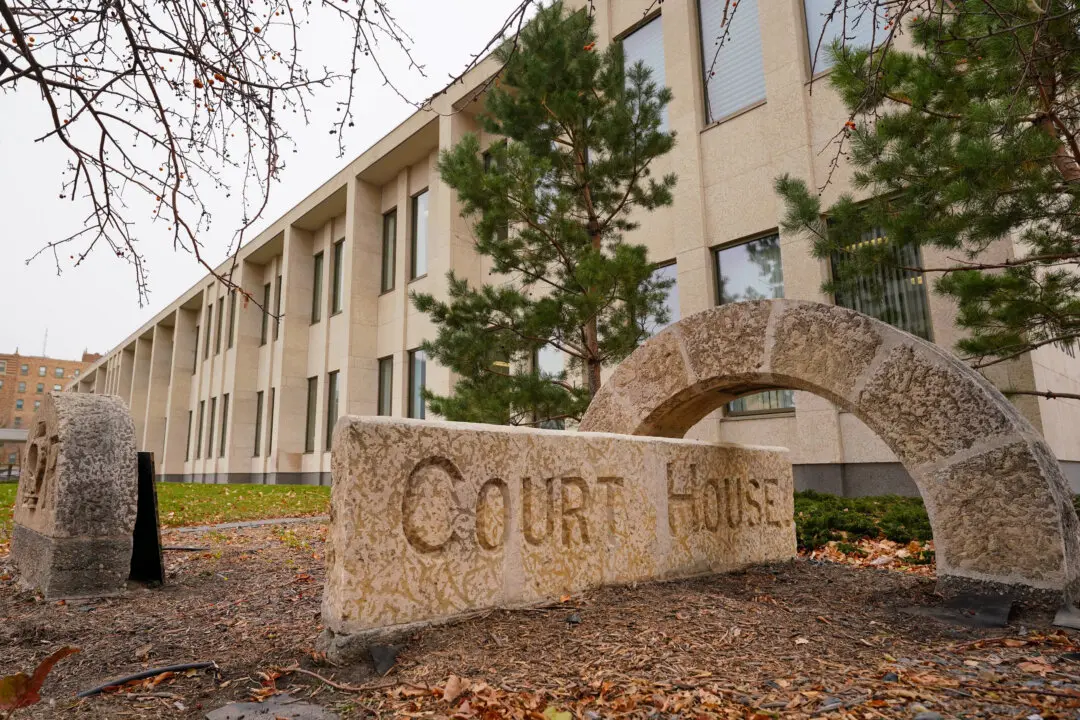The maximum-security prison in Port-Cartier, Que., which has been home to some of Canada’s most notorious murderers, including Robert Pickton and Paul Bernardo, has been evacuated as out-of-control forest fires rage in the region.
More than 200 inmates at the Port-Cartier Institution were “successfully moved” to other secure federal correctional facilities after an evacuation order was issued for the City of Port-Cartier last week, Correctional Service Canada said in a June 23 press release.





